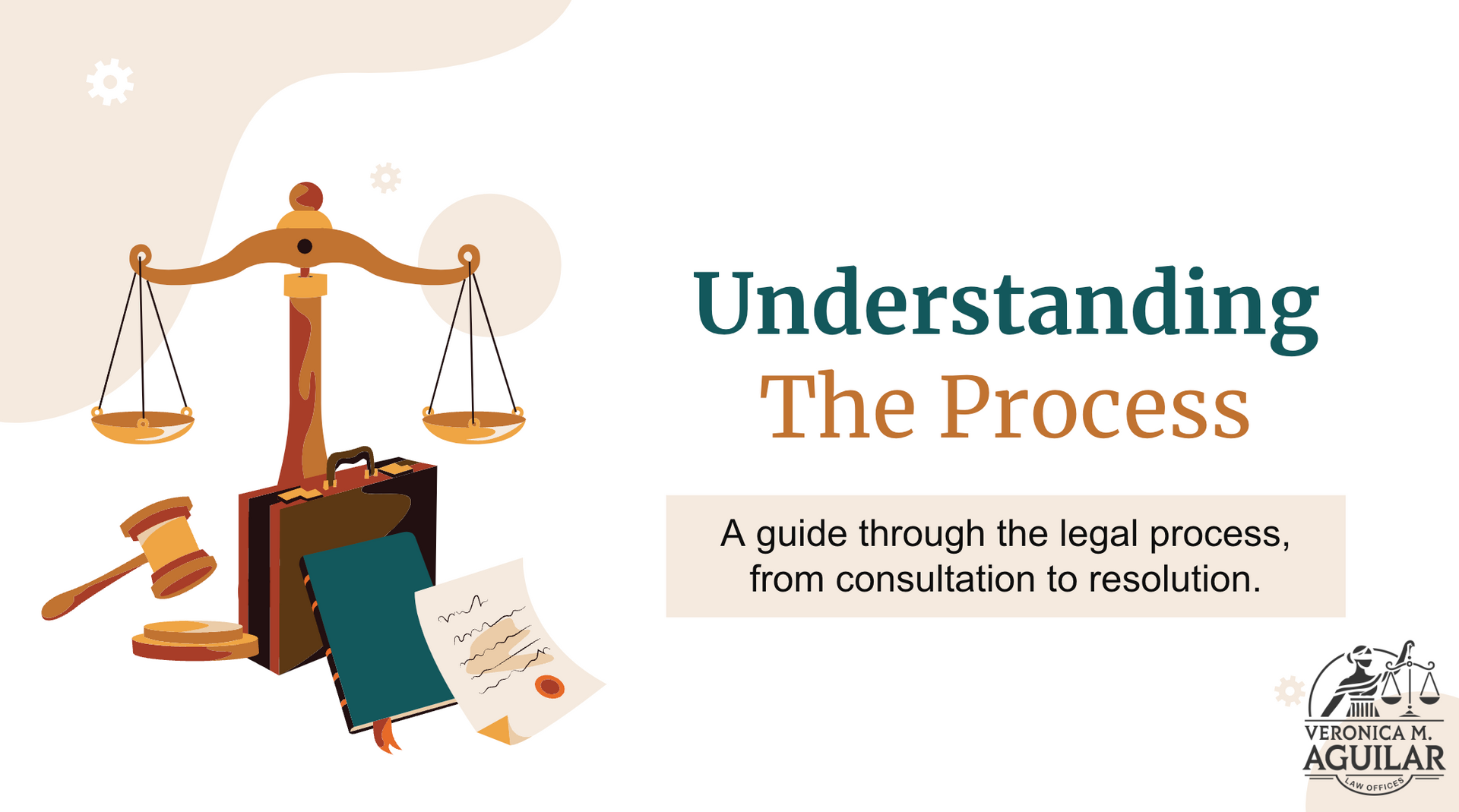How to Protect Yourself in a Family Law Case
Facing a family law case can be overwhelming and emotionally draining. Whether it's a divorce, child custody battle, or spousal support issue, knowing how to protect yourself is crucial. The decisions you make now can have long-lasting effects on your life and the lives of those you love. By taking the right steps, you can navigate this difficult time more effectively.
One of the first things you need to do is understand your legal rights. Knowing what you are entitled to can help you make informed decisions and avoid costly mistakes. Each family law case is unique, and understanding your specific rights can be a game-changer. It allows you to stand your ground when needed and ensures you get a fair outcome.
Another critical step is to document everything. Keeping detailed records can provide essential evidence if your case goes to court. This includes saving text messages, emails, financial statements, and other important documents. Having a well-organized collection of evidence can make a significant difference in the outcome of your case.
Maintaining open communication with your lawyer is also vital. Your lawyer is your advocate and can provide crucial guidance throughout your case. Keeping them informed and asking questions can help you avoid misunderstandings and ensure your case is handled efficiently. Lastly, if children are involved, prioritizing their well-being is essential. Ensuring their needs are met and minimizing their emotional stress can help create a more positive resolution for everyone involved.
Understand Your Legal Rights
Knowing your legal rights is the foundation of protecting yourself in any family law case. Your rights vary depending on your specific situation, whether it’s a divorce, child custody dispute, or spousal support issue. Understanding these rights helps you make informed decisions and avoid potential pitfalls.
First, familiarize yourself with the local laws and regulations that apply to your case. Each state has different rules, so it's essential to know what's relevant in your area. For instance, some states follow community property laws in divorce cases, while others use equitable distribution principles. Knowing these rules can help you understand what to expect regarding asset division.
Next, understand your rights as a parent if children are involved. This includes knowing your custody and visitation rights. Courts make decisions based on the best interests of the child, but you need to know what that entails. Knowing your rights can help you better present your case and ensure your child's well-being is paramount.
Consulting with a qualified family law attorney is a smart move. They can explain your rights in detail and provide advice tailored to your unique situation. This legal guidance will empower you to navigate your case confidently.
Document Everything
Keeping detailed records is an essential practice in any family law case. Documentation provides evidence that can support your claims and defend against accusations. Whether it’s emails, text messages, financial statements, or other important documents, having a thorough record can be invaluable.
Begin by creating a documentation system. Use folders to organize different types of documents. For example, keep financial records in one folder and communications with your spouse or ex-partner in another. This will make it easier to find what you need when you need it.
Consistently record all interactions and transactions. Save copies of important emails and text messages. Take notes during meetings or phone calls, including the date, time, and what was discussed. This may seem tedious but can provide critical evidence in court.
Don't forget to keep financial records up to date. Include bank statements, receipts, tax returns, and any other financial transactions. This documentation can be crucial when determining asset division or calculating spousal and child support.
By being diligent in documenting everything, you not only create a strong foundation for your case but also help your lawyer build a compelling argument on your behalf.
Maintain Open Communication with Your Lawyer
Keeping open lines of communication with your lawyer is vital for the success of your family law case. Your lawyer needs to be fully informed to provide the best advice and representation. Regular updates and honest, open dialogues can make a huge difference.
Make it a habit to check in with your lawyer regularly. Schedule consistent meetings or calls to discuss any developments in your case. Promptly respond to their emails or messages, as delays can hinder your case's progress. By staying in constant touch, you ensure that your lawyer has all the information they need to advocate for you effectively.
Don't hesitate to ask questions. Legal jargon can be confusing, and you have the right to understand every aspect of your case. If there's something you don't understand, ask your lawyer to explain it in simpler terms. This will help you feel more confident and involved in the process.
Be honest and transparent. Share all the details, even if you think they are not relevant or could be hurtful. Your lawyer is on your side and needs the full picture to build a strong defense or claim. Withholding information can lead to surprises that could jeopardize your case.
Prioritize the Well-being of Children
When children are involved in a family law case, their well-being should be your top priority. The court often focuses on what’s best for the child, and you should too. Making sure your children are emotionally and physically safe helps the case run more smoothly and supports their development.
First, try to maintain a stable routine. Children thrive on stability, especially during stressful times. Consistent schedules for school, extracurricular activities, and home life provide a sense of normalcy. This helps minimize disruption and emotional stress for the kids.
Open, age-appropriate communication with your children is also important. Explain the situation to them in terms they can understand, without going into unnecessary details. Reassure them that both parents love them and that they are not to blame for the circumstances. This can help reduce their anxiety and foster a sense of security.
Work to create a cooperative co-parenting arrangement if possible. A hostile environment can be harmful to children. By working with your co-parent and following court guidelines, you can create a more peaceful atmosphere. This shows the court you are focused on the children's best interests, which can positively impact your case.
Final Thoughts
Navigating a family law case requires careful planning and a focus on key strategies to protect yourself and your loved ones. By understanding your legal rights, documenting everything, maintaining open communication with your lawyer, and prioritizing the well-being of children, you can create a solid foundation for your case.
Family law cases can be complex and emotionally taxing, but you don't have to face them alone. At Veronica M. Aguilar Law Offices, we specialize in providing expert legal services to help you through these challenging times. Our experienced team is dedicated to offering you the support and guidance you need.
Contact Veronica M. Aguilar Law Offices today to discuss your
family law case and learn how we can help you secure the best possible outcome.












